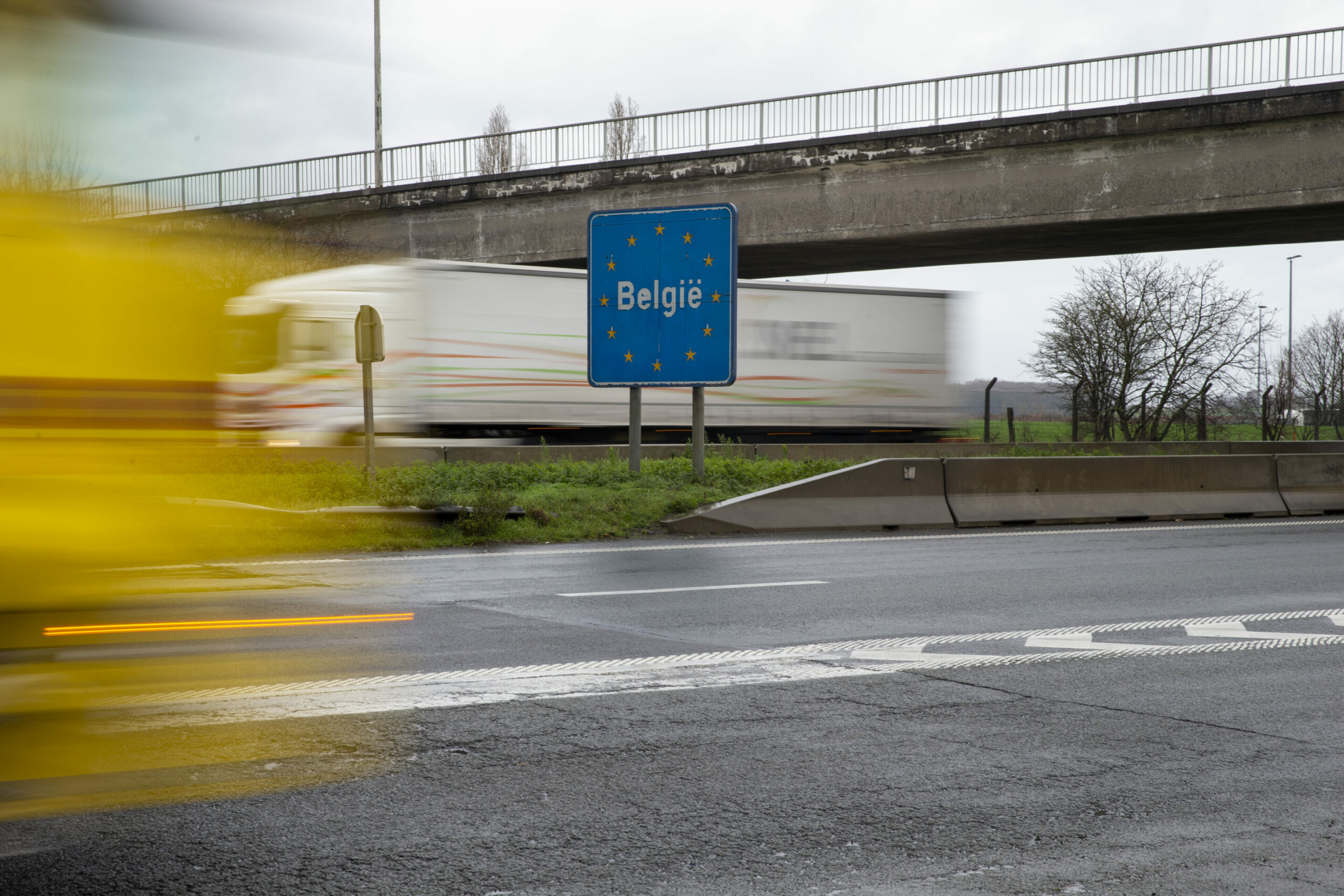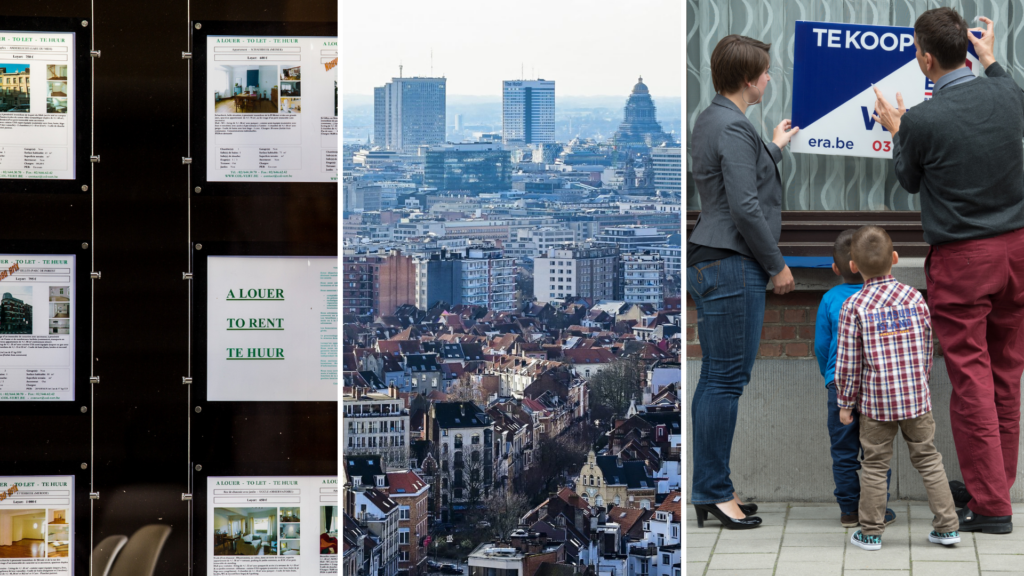Of all the assets one might wish to hold, property is often portrayed as the most sensible. Markets are stable and it serves a function that other commodities do not.
Home ownership is something most people hope for and in Belgium many people have more than one. The argument for an investment property is especially strong in Brussels, where 60% of residents are renters. And with demand for a place to live so high, no surprise that rents are rising.
You'd have thought then that anyone fortunate enough to possess a second property would hold it close, grateful for the rental income it can generate as well as its (rising) market value.
In fact, one in three landlords in the capital is thinking of selling their property, unhappy with maintenance costs and legal obligations they must adhere to.
The finding, revealed in a survey by KBC bank, poses questions about the property market in Europe's most cosmopolitan city. Is Brussels a less desirable place to live? Have rental controls gone too far? If landlords sell up what would be the implications for renters?
Regardless of who owns them, Brussels greatly needs more housing – a reality almost universally acknowledged as a key policy area in the local elections. The housing question is usually perceived as renters versus landlords but is a new dimension emerging in Brussels?
Belgium in Brief is a free daily roundup of the top stories to get you through your coffee break conversations. To receive it straight to your inbox every day, sign up below:
1. One in three Brussels landlords considering selling up
Those who want to sell cite reasons such as mounting legal obligations, renovation costs and annual costs. Read more.
2. Is Schengen on the way out? New border checks challenge open Europe
"This is legal, but only in a temporary sense... far-right parties are slowly pushing the boundaries of what is legally possible." Read more.

3. Finish work at 60? Federal formation talks appease socialists with early retirement proposal
Bart De Wever's latest proposal also makes concessions to the liberal MR on the divisive capital gains tax. Read more.
4. Company car subsidies cost European taxpayers €42 billion annually
“Every year taxpayers fund billions of euros in tax benefits for company car drivers. These are often costly, luxurious, and polluting SUVs.” Read more.
5. Hospitality workforce increased by 25% in Belgium in past decade
The sector now employs more than 150,000 people. Read more.
6. Food labels in over half of Belgian stores breach EU rules
In almost 20% of cases, label non-conformities posed a health risk to consumers. Read more.
7. New information platform for Belgian Resistance during Second World War
Eighty years after the liberation of Belgium, a pilot project by CegeSoma/State Archives has consolidated all information on Belgian resistance onto one platform. Read more.

